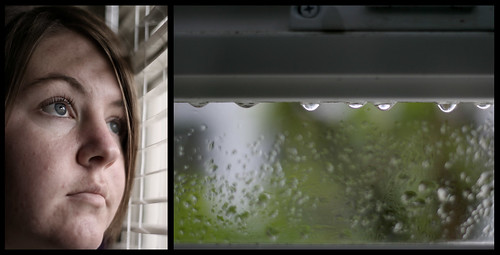Here in Los Angeles, we have our share of warm sunny weather along with colder gloomier days, although our seasons are not well defined. Some people with acne seem to notice that their condition seems to be better when the sun is out. But does this mean that high amounts of sunlight should be part of an acne treatment?
Why Acne Seems to Improve During the Summer
First, let’s look at why certain individuals may experience clearer skin during sunnier phases of the year. One explanation is that UV rays from the sun are able to kill bacterial microbes. Another possible reason is that the light from the sun causes excess oil to dry up.
However, according to some medical experts, the light energy works to remove the outer skin layer and may clear away superficial blockages in the process. And when these obstructions are not cleared away, they could return.
Why Breakouts and Pimples May Get Worse When Winter Hits
On the other hand, acne sufferers may notice that their skin gets worse during the winter when there is reduced sun light. During colder weather, the air tends to have less moisture. And this can cause the skin to look and feel drier. When this happens, the sebaceous glands will become more active and secrete increased amounts of oil to help restore balance to the skin’s moisture levels. Also, it is quite possible that people exercise less and fail to drink as much water as usual.

(photo: Flickr) When sunlight is limited, some people will notice that their acne seems to get worse.*
Is the Sun Your Ally In the Fight Against Acne?
Dermatologists often talk about sun exposure as detrimental to the health of your skin. However, this does not mean it is necessary to avoid it at all cost. Use moderation along with good judgment.
But don’t engage in deliberate attempts to get more sun exposure just to treat your acne. And if sunlight is limited due to the season and weather, this does not justify the use of a tanning bed.
UV rays are indeed damaging to the skin. The key, of course is to avoid excess amounts of exposure. The energy from sunlight creates free radicals from the oxygen molecules on the skin’s surface. This turns them into scavengers that steal electrons from nearby cells and tissues in a chain reaction.
How to Treat Acne The Right Way
Although you may come across various forms of tips and recommendations with advice on how to get rid of acne, they may or may not apply to everyone. Therefore, it will be important to understand what factors are causing your breakouts. This will help you effectively evaluate the advice and products that you encounter.
For stubborn cases of acne, it will be helpful to work with a dermatologist. Treatment approaches may include the use of topical products or the use of light energy systems such as lasers which have a very high success rate. This is due to their ability to make precise and safe changes below the skin to kill bacteria, reduce oil secretion and unblock deeply embedded pore blockages.
Here is a patient that Dr. Umar treated with the Spectra laser system- click here
